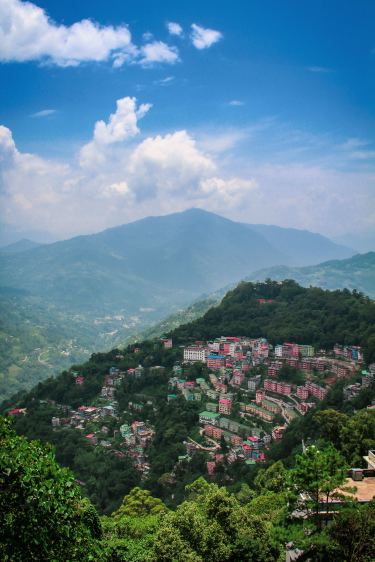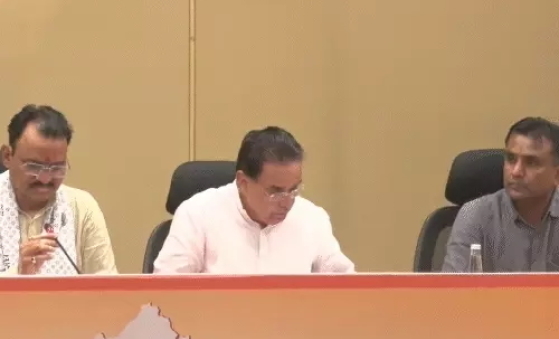
Lawmakers in Nagaland, a Christian-majority state in northeast India, have delayed a planned debate on banning satanic worship after church leaders warned it could bring unwanted attention to the practice.
The state assembly had scheduled the discussion for 2 September, but Speaker Sharingain Longkumer said it would be postponed until further notice.
The proposal was raised by Kuzholuzo Nienu of the Naga People’s Front party, who argued that prohibiting satanic worship was “a matter of urgent public importance.”
However, the Nagaland Joint Christian Forum (NJCF) cautioned that addressing the issue in the assembly might spark curiosity and publicity rather than discouraging it. In a letter to the speaker, NJCF president Reverend N. Paphino urged that such deliberations be avoided.
In a press statement, the NJCF said satanic worship was “universally condemned” and rejected by Nagaland’s Christian community. It emphasised that the Indian Constitution protects freedom of religion but does not allow practices harmful to society.
Church leaders expressed concern that a rise in satanic activity in some areas could mislead young people and weaken Christian identity. Father Jacob Charalel, chancellor of Kohima diocese, said the church, tribal bodies, and community groups must work together to protect the faith of the younger generation.
Reverend Zelhou Keyho, former general secretary of the Nagaland Baptist Church Council, said the church had a greater role to play than the state assembly in confronting the issue. He warned that public debates could make matters worse but welcomed the lawmaker’s concern.
Christians make up 87 per cent of Nagaland’s 2.2 million people, and the community has long been protective of its Christian heritage.
Adapted from UCA News.




